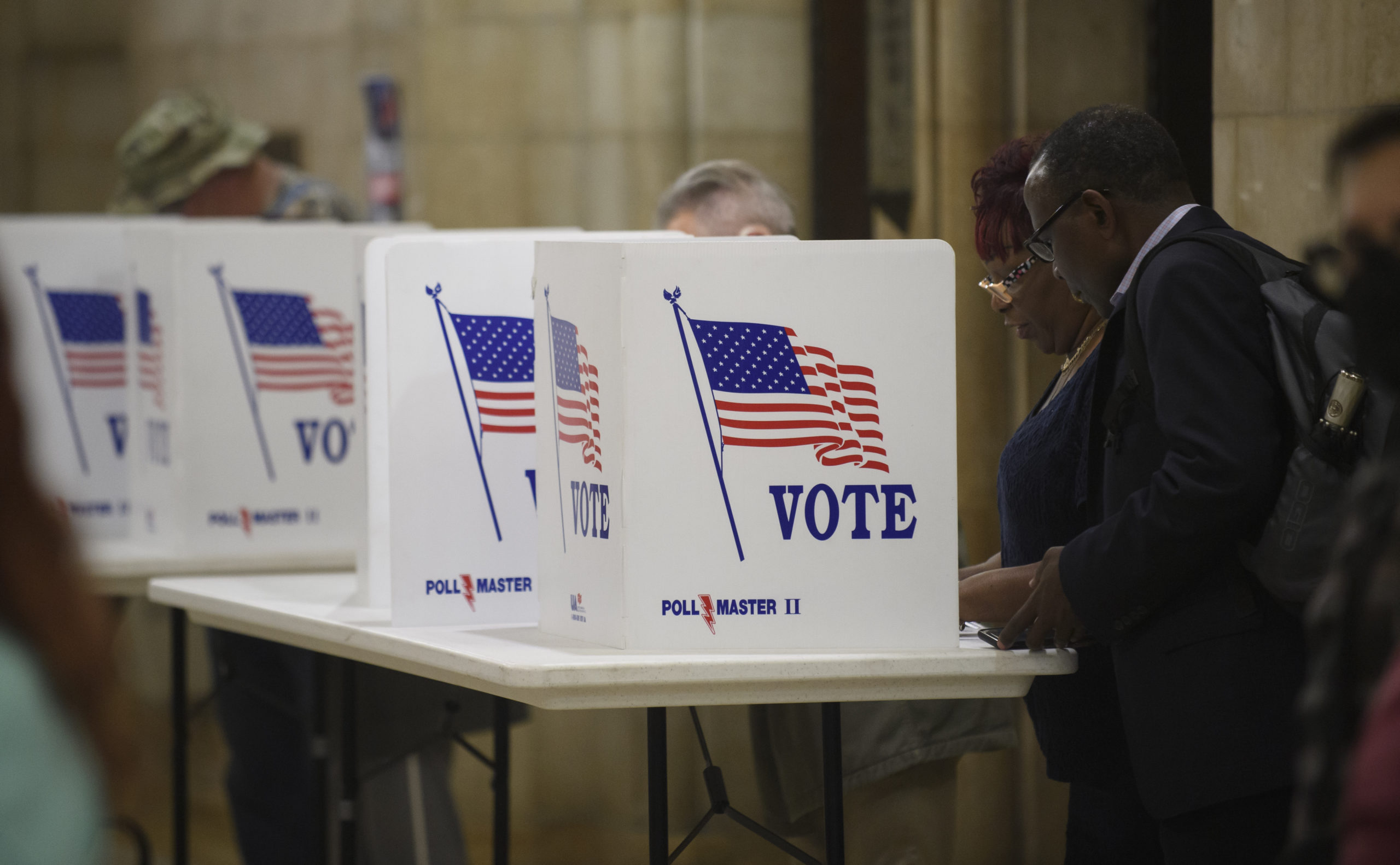


In Ryan Girdusky’s well-researched piece on the American electorate, he includes the following bit of analysis:
A large part of the reason Republicans had a disappointing election result during the midterms was that abortion, denying the legitimacy of the 2020 election, and an overall weirdness factor cost Republicans in both statewide races and suburban congressional districts.
The “weirdness factor” certainly hurt Republicans in 2022. Candidates like Doug Mastriano were perceived, fairly or not, as being “weird.” In politics, that matters.
Some claimed that concerns about ”candidate quality,” weirdness-related or otherwise, were code for opposition to Donald Trump and right-wing populism—you said you didn’t like some of the candidates that Trump endorsed, but what you meant is that you didn’t like the movement Trump represents. How much could ”candidate quality” possibly matter if John Fetterman could win Pennsylvania after having a stroke?
It's a reasonable point, and in some cases, the people making the candidate-quality point really were opposed to right-wing populism. But candidate quality matters more for Republicans than it does for Democrats. Democrats, especially at the state level, have built-in electoral advantages that Republicans do not. There is a sizable national partisan registration gap, with 48 million registered Democrats to just 36.4 million registered Republicans. What's more, the Democratic base is highly urbanized and can be easily mobilized to get to the polls on election day, while Republican voters tend to be spread across rural and exurban districts and are harder to systematically turn out to vote. Republicans therefore need the support of independent voters in a way that Democratic candidates do not, and running candidates like Doug Mastriano in 2022 made winning independents unnecessarily difficult.
To Girdusky’s abortion point, the issue hurt Republicans because a significant portion of the American electorate considers abortion a sacred right and will punish any politician who suggests otherwise. That does not mean that Republicans should “moderate” on abortion (they shouldn't), or that they shouldn’t pursue “radical” protections for the unborn when in power (they should), but it does mean, to borrow from the Gospel, that they ought to be wise as serpents and innocent as doves.
